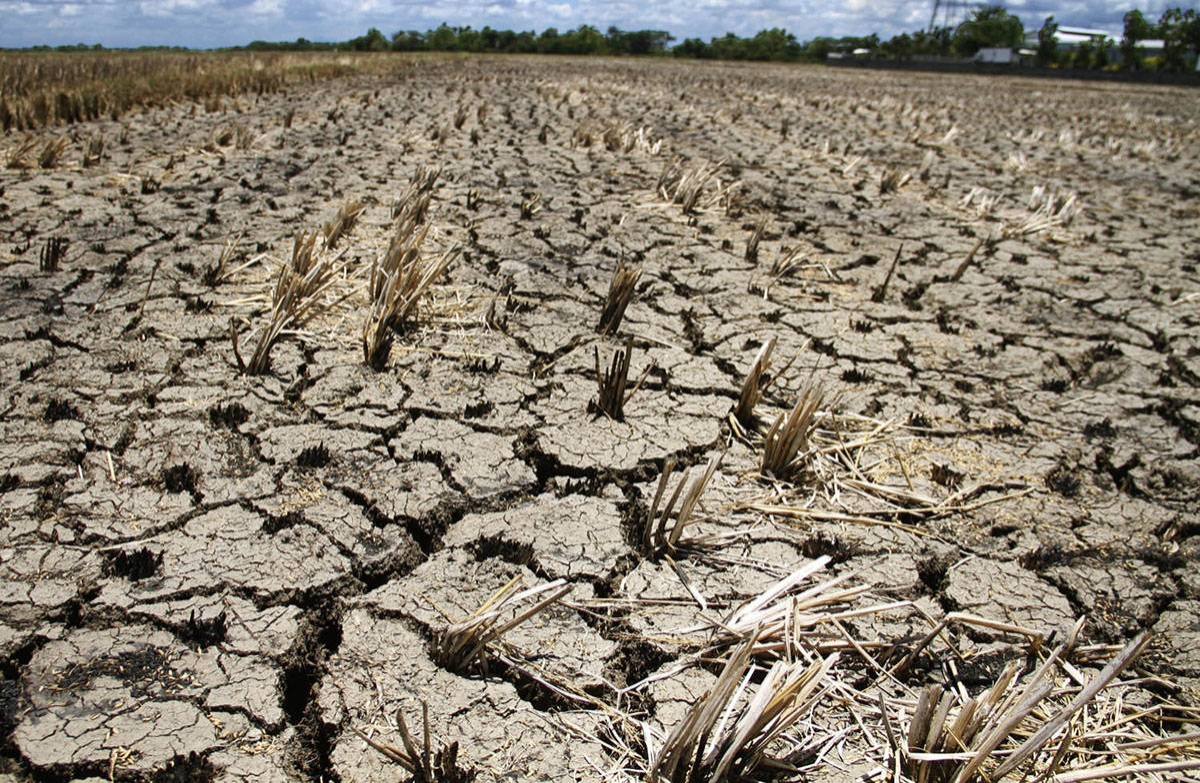The Union of Local Authorities of the Philippines (ULAP) has called on the government to take immediate action in implementing water management policies to mitigate the effects of the El Niño phenomenon. ULAP National President and Quirino Governor, Dakila Carlo Cua, emphasized the importance of integrating plans for water collection and management to avoid potential flooding caused by the accumulation of excess rainwater.
Governor Cua expressed his concern that while rainwater is being collected, the excess water is not being properly pumped out, which can lead to flooding in various areas. He stressed the need for increased awareness among local government units, national government offices, and private investments regarding the master plan on water management. By promoting awareness, all stakeholders can work together to address the challenges posed by water scarcity and ensure the efficient utilization of this vital resource.
ULAP commended the government’s efforts in aligning water conservation strategies with the Sustainable Development Goals set by the United Nations. The support of President Ferdinand Marcos Jr. in establishing a separate water resource management department is a significant step towards achieving sustainable water management in the country.
In line with these efforts, the House of Representatives approved the bill to create the Department of Water Resources (DWR) in December. The DWR will play a crucial role in conducting comprehensive and integrated mapping of all water resources, as well as formulating water-related policies. This department will serve as a central authority responsible for overseeing the management and conservation of water resources across the Philippines.
The creation of the DWR is a proactive measure that demonstrates the government’s commitment to addressing the challenges posed by water scarcity and the impacts of El Niño. By mapping all water resources, the department will have a comprehensive understanding of the country’s water availability and distribution. This knowledge will enable them to formulate effective policies and strategies to ensure the sustainable use and management of water resources.
Furthermore, the establishment of the DWR signifies a collaborative effort between the government and various stakeholders to address water-related issues. It provides a platform for local government units, national government offices, and private investments to work together towards a common goal of sustainable water management. By fostering cooperation and coordination, the DWR will enhance the efficiency and effectiveness of water resource management in the Philippines.
It is essential to recognize that water scarcity and the impacts of El Niño are global challenges that require collective action. While the Philippines is taking significant steps towards addressing these issues, it is crucial for other countries to also prioritize water management and conservation. Sharing best practices and lessons learned can contribute to the development of innovative solutions that can be applied globally.
In conclusion, the Union of Local Authorities of the Philippines urges the government to implement water management policies to mitigate the effects of El Niño. By integrating plans for water collection and management, the country can avoid potential flooding caused by the accumulation of excess rainwater. The creation of the Department of Water Resources is a significant step towards achieving sustainable water management in the Philippines. It will enable comprehensive mapping of water resources and the formulation of effective policies to ensure their sustainable use. Collaboration between various stakeholders is crucial in addressing water-related challenges and fostering sustainable water management practices.







